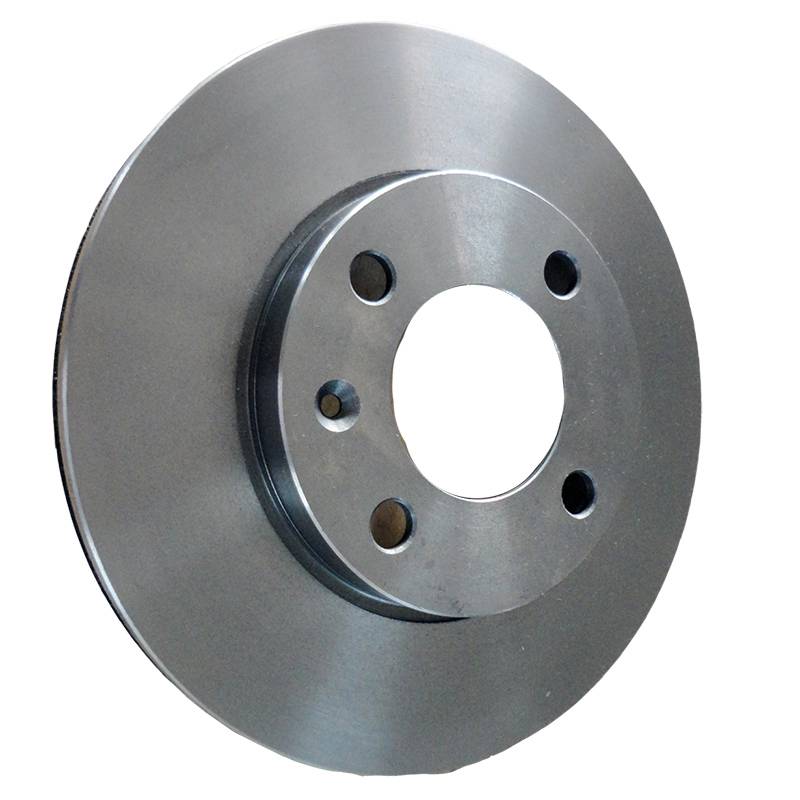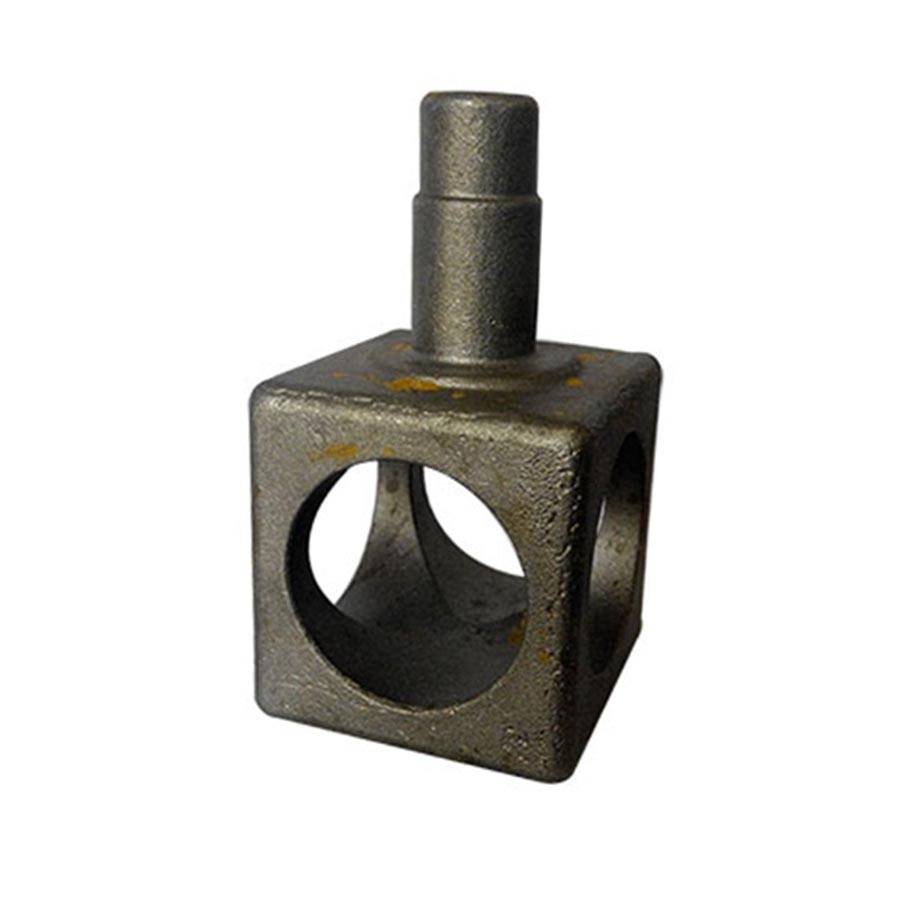Super Purchasing for Ductile Iron Casting Factory - Cobalt Based Alloy Investment Casting Product – RMC Foundry Detail:
Cobalt based alloy investment casting products from China original foundry with heat treatment and CNC machining services
| Metals for Investment Casting Process at RMC | |||
| Category | China Grade | US Grade | Germany Grade |
| Carbon Steel | ZG15, ZG20, ZG25, ZG35, ZG45, ZG55, Q235, Q345, Q420 | 1008, 1015, 1018, 1020, 1025, 1030, 1035, 1040, 1045, 1050, 1060, 1070, WC6, WCC, WCB, WCA, LCB |
1.0570, 1.0558, 1.1191, 1.0619, 1.0446, GS38, GS45, GS52, GS60, 1.0601, C20, C25, C30, C45 |
| Low Alloy Steel | 20Mn, 45Mn, ZG20Cr, 40Cr, 20Mn5, 16CrMo4, 42CrMo, 40CrV, 20CrNiMo, GCr15, 9Mn2V |
1117, 4130, 4140, 4340, 6150, 5140, WC6, LCB, Gr.13Q, 8620, 8625, 8630, 8640, H13 | GS20Mn5, GS15CrNi6, GS16MnCr5, GS25CrMo4V, GS42CrMo4, S50CrV4, 34CrNiMo6, 50CrMo4, G-X35CrMo17, 1.1131, 1.0037, 1.0122, 1.2162, 1.2542, 1.6511, 1.6523, 1.6580, 1.7131, 1.7132, 1.7218, 1.7225, 1.7227, 1.7228, 1.7231, 1.7321, 1.8519, ST37, ST52 |
| High Mn Steel | ZGMn13-1, ZGMn13-3, ZGMn13-5 | B2, B3, B4 | 1.3802, 1.3966, 1.3301, 1.3302 |
| Tool Steel | Cr12 | A5, H12, S5 | 1.2344, 1.3343, 1.4528, GXCrMo17, X210Cr13, GX162CrMoV12 |
| Heat Resistant Steel | 20Cr25Ni20, 16Cr23Ni13, 45Cr14Ni14W2Mo |
309, 310, CK20, CH20, HK30 | 1.4826, 1.4828, 1.4855, 1.4865 |
| Nickle-base Alloy | HASTELLY-C, HASTELLY-X, SUPPER22H, CW-2M, CW-6M, CW-12MW, CX-2MW, HX(66Ni-17Cr), MRE-2, NA-22H, NW-22, M30C, M-35-1, INCOLOY600, INCOLOY625 |
2.4815, 2.4879, 2.4680 | |
| Cobalt-base Alloy | UMC50, 670, Grade 31 | 2.4778 | |
Cobalt-based alloy is a hard alloy that can withstand various types of wear, corrosion and high temperature oxidation. Cobalt-based alloys are based on cobalt as the main component, containing a considerable amount of nickel, alloying chemical elements such as chromium, tungsten and a small amount of alloying elements such as molybdenum, niobium, tantalum, titanium, lanthanum, and occasionally iron. According to the different composition of the alloy, the cobalt-based alloy can be made into welding wire, and the powder can be used for hard-surface welding, thermal spraying, spray welding and other processes, and it can also be made into castings, forgings and powder metallurgy parts. Classified by the end usage, cobalt-based alloys can be divided into cobalt-based wear-resistant alloys, cobalt-based high-temperature alloys and cobalt-based solution corrosion-resistant alloys. In general operating conditions, they are both wear-resistant and high-temperature resistant or wear-resistant and corrosion-resistant. Some operating conditions may also require high temperature, wear and corrosion resistance at the same time. The more complex the working conditions, the more obvious the advantages of cobalt-based alloys.
Properties of Cobalt-Based Alloys
The main carbides in cobalt-based superalloys are MC, M23C6 and M6C. In cast cobalt-based alloys, M23C6 is precipitated between grain boundaries and dendrites during slow cooling. In some alloys, the fine M23C6 can form a eutectic with the matrix γ. MC carbide particles are too large to directly have a significant effect on dislocations, so the strengthening effect on the alloy is not obvious, while finely dispersed carbides have a good strengthening effect. The carbides located on the grain boundary (mainly M23C6) can prevent the grain boundary slip, thereby improving the endurance strength. The microstructure of the cobalt-based superalloy HA-31 (X-40) is a dispersed strengthening phase (CoCrW)6 C-type carbide. The topological close packed phases that appear in some cobalt-based alloys, such as sigma phase is harmful and make the alloy brittle.
The thermal stability of carbides in cobalt-based alloys is good. When the temperature rises, the growth rate of carbide accumulation is slower than the growth rate of the γ phase in the nickel-based alloy, and the temperature of re-dissolving into the matrix is also higher (up to 1100°C). Therefore, when the temperature rises, the cobalt-based alloy The strength of the alloy generally decreases slowly. Cobalt-based alloys have good thermal corrosion resistance. The reason why cobalt-based alloys are superior to nickel-based alloys in this respect is that the melting point of cobalt sulfide (such as Co-Co4S3 eutectic, 877℃) is higher than that of nickel ( For example, Ni-Ni3S2 eutectic (645°C) is high, and the diffusion rate of sulfur in cobalt is much lower than that in nickel. And because most cobalt-based alloys have higher chromium content than nickel-based alloys, they can form a protective layer of alkali metal sulfate (such as a Cr2O3 protective layer that is corroded by Na2SO4) on the surface of the alloy. However, the oxidation resistance of cobalt-based alloys is generally much lower than that of nickel-based alloys.
Different from other superalloys, cobalt-based superalloys are not strengthened by an ordered precipitation phase firmly bonded to the matrix, but are composed of an austenite fcc matrix that has been solid solution strengthened and a small amount of carbides distributed in the matrix. Casting cobalt-based superalloys relies heavily on carbide strengthening. Pure cobalt crystals have a hexagonal close packed (hcp) crystal structure below 417°C, which transforms to fcc at higher temperatures. In order to avoid this transformation during use of cobalt-based superalloys, practically all cobalt-based alloys are alloyed with nickel in order to stabilize the structure from room temperature to melting point temperature. Cobalt-based alloys have a flat fracture stress-temperature relationship, but show superior thermal corrosion resistance at temperatures above 1000°C than other high temperatures.
Heat Hreatment of Cobalt-based Alloys
The size and distribution of carbide particles and grain size in cobalt-based alloys are very sensitive to the casting process. In order to achieve the required endurance strength and thermal fatigue properties of cast cobalt-based alloy casting parts, the casting process parameters must be controlled. Cobalt-based alloys need heat treatment, mainly to control the precipitation of carbides. For cast cobalt-based alloys, first carry out high-temperature solid solution treatment, usually at a temperature of about 1150°C, so that all primary carbides, including some MC-type carbides, are dissolved into solid solution; then, aging treatment is carried out at 870-980°C. Make carbides precipitate again.
Common Grades of Cobalt-based Alloys
The typical grades of common cobalt-based high temperature alloys are: 2.4778 (according to DIN EN 10295)Hayness 188, Haynes 25 (L-605), Alloy S-816, UMCo-50, MP-159, FSX-414, X-40, Stellite 6B, Grade 31, etc. , Chinese brands are: GH5188 (GH188), GH159, GH605, K640, DZ40M and so on.
Applications of Cobalt-based Alloy Castings
Generally, cobalt-based superalloys lack coherent strengthening phases. Although the strength at medium temperature is low (only 50-75% of nickel-based alloys), they have higher strength, good thermal fatigue resistance, abrasion resistance, better weldabilityand thermal corrosion resistance above temperature of 980°C. Therefore, cobalt-based alloy castings are mainly suitable for making guide vanes and nozzle guide vanes for aviation jet engines, industrial gas turbines, naval gas turbines, and diesel engine nozzles, etc.



Product detail pictures:

Related Product Guide:
We keep on with the basic principle of "quality to start with, support very first, continuous improvement and innovation to meet the customers" for your management and "zero defect, zero complaints" as the quality objective. To great our service, we offer the items with all the superior top quality at the reasonable selling price for Super Purchasing for Ductile Iron Casting Factory - Cobalt Based Alloy Investment Casting Product – RMC Foundry, The product will supply to all over the world, such as: Peru , Wellington , European , We supply professional service, prompt reply, timely delivery, excellent quality and best price to our customers. Satisfaction and good credit to every customer is our priority. We focus on every detail of order processing for customers till they have received safe and sound products with good logistics service and economical cost. Depending on this, our products are sold very well in the countries in Africa, the Mid-East and Southeast Asia.
Good quality, reasonable prices, rich variety and perfect after-sales service, it's nice!








